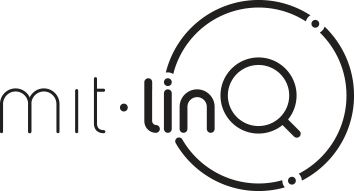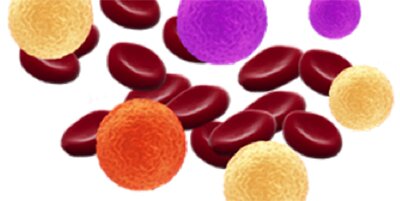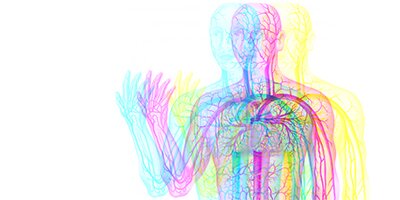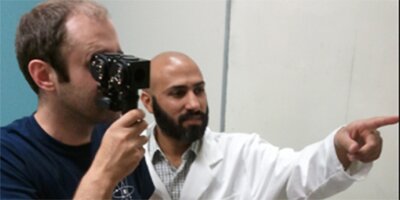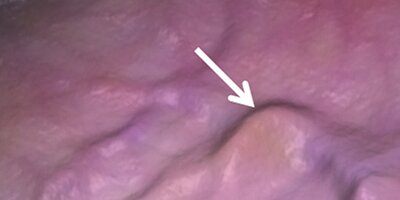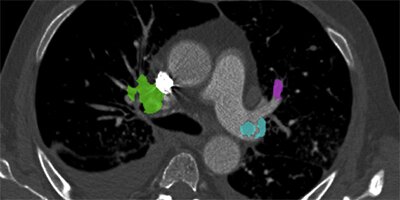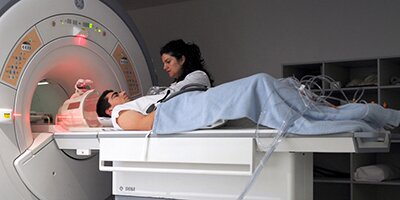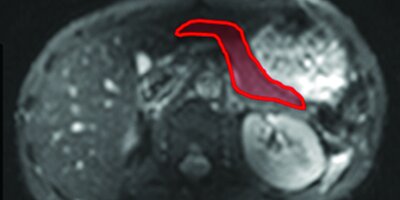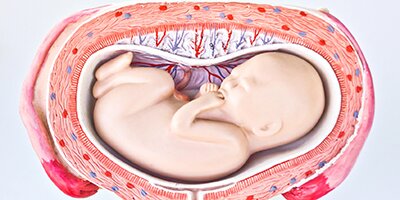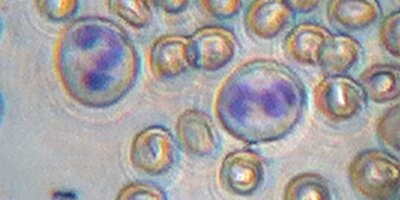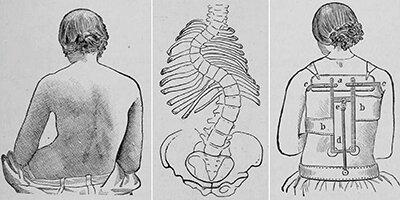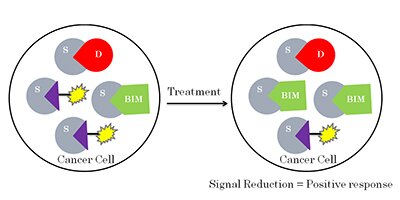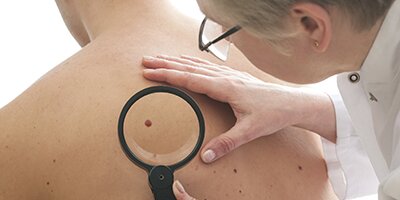
Catalyst
Developing the people and ideas that will drive healthcare innovation
Catalyst is pioneering a new way to drive biomedical innovation.
Innovators in Catalyst identify medical needs that can be met with innovative technologies, build multiprofessional teams to design these new technologies, and launch projects that show strong potential for healthcare impact.
Through mentorship provided by a multiprofessional faculty team, Catalyst projects are defined, selected, and executed with a focus on accelerating the path to translation for societal and health care use. All require research. Some have a time horizon of decades, other of years. All projects have involved a multi-disciplinary and multi-professional team including experienced scientists and clinicians, business interns, trainees from undergraduate to postdoctoral.

Catalyst experience
Catalyst is a 2-3 year immersive program providing a unique experience in project design, development, and leadership for all participants.
An immersive, collaborative innovation program, Catalyst focuses on intensive, extended hands-on research and development, complemented by advanced technical and innovation training. It involves diverse talent in many roles—including Fellows, Clinical Innovators, Faculty, Experts and Mentors, Business Interns, Trainees, and others. Read more about the roles.
Catalyst Fellows are recruited for a combination of their technical expertise, their leadership and teamwork abilities, and their drive to create meaningful change in healthcare. Fellows also receive personalized mentorship to optimize their impact over their careers.
New Fellows can join existing teams, as well as start new projects. They work with other Fellows and a multi-professional faculty / expert community to lead new biomedical technology projects that anticipate technology and clinical challenges.
Clinical Innovators in Catalyst contribute their patient-care expertise, and get a rare opportunity to participate in biomedical innovation projects. Faculty help to guide Fellows’ projects and careers, and they learn new innovation and collaboration methods they can take back to their home organizations. Expert Advisors shape the rising generation of innovation leaders, and Business Interns and Trainees join project teams to accelerate their progress toward clinical impact.
Projects to date
New biomedical technologies for healthcare impact
Catalyst projects span health challenges and technologies, but they all have in common a focus on measurable progress against a well-defined medical need. They begin with an investigation into unmet medical needs, and then go through an initial phase of rapid solution ideation. The strongest solutions then begin development for proof of concept, with the ultimate goal of launching new technologies ready for startup businesses or additional outside investment.

Fellows
Catalyst Fellows apply their diverse expertise in science, technology, medicine, and business to unmet healthcare challenges.
Biomedical research center Catalyst program for biomedical innovation recruits exceptional emerging talent for the Catalyst Fellowship. Catalyst is an immersive experience focused on translating research ideas into healthcare impact. Catalyst Fellows work closely with mentors and collaborators in a highly networked, international community of engineers, scientists, businesspeople, and clinicians.
Why join the Catalyst Fellowship?
- Apply your skills—whether in technology, science, medicine, or business—to achieve healthcare impact
- Learn to precisely identify biomedical innovation opportunities and launch high-impact research projects
- Cross-train in technology, science, medicine, and entrepreneurship
- Develop leadership and teamwork abilities
- Launch a career in biomedical innovation leadership
Profile: Álvaro Sánchez-Ferro
Álvaro Sánchez-Ferro, from Spain, is an MD with a special passion to address the problems of neurodegeneration. He was drawn to the Catalyst Fellowship because it presented “an opportunity to have an impact on healthcare, and to change things.” As a member of Team NeuroQWERTY, Álvaro is developing a new technology that uses everyday interaction with keyboards to identify pre-clinical signs of Parkinson’s disease.
Meet the Fellows